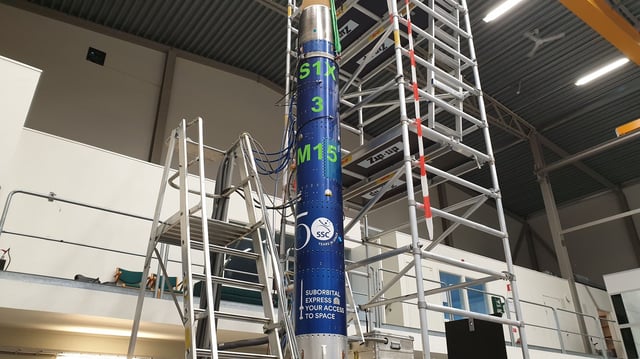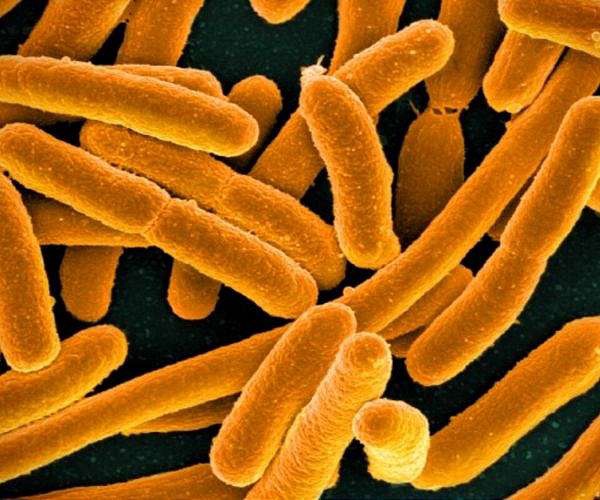Overview
- Bacillus subtilis spores endured about 13 g on ascent, more than six minutes of microgravity near 260 kilometers altitude, and up to 30 g during re-entry while spinning roughly 220 revolutions per second.
- Post-flight analyses found no changes in spore structure or growth, confirming biological viability after real suborbital flight stresses.
- Researchers describe the study as a first-of-its-kind assessment in actual flight conditions rather than lab simulations, establishing a baseline for future work.
- The effort involved RMIT University with partners ResearchSat and Numedico, a custom 3D‑printed microtube holder, and a launch hosted by the Swedish Space Corporation.
- The team plans to seek funding to test more delicate organisms and pursue microgravity-enabled biotechnology and drug development, noting results do not address long-term deep-space radiation exposure.



